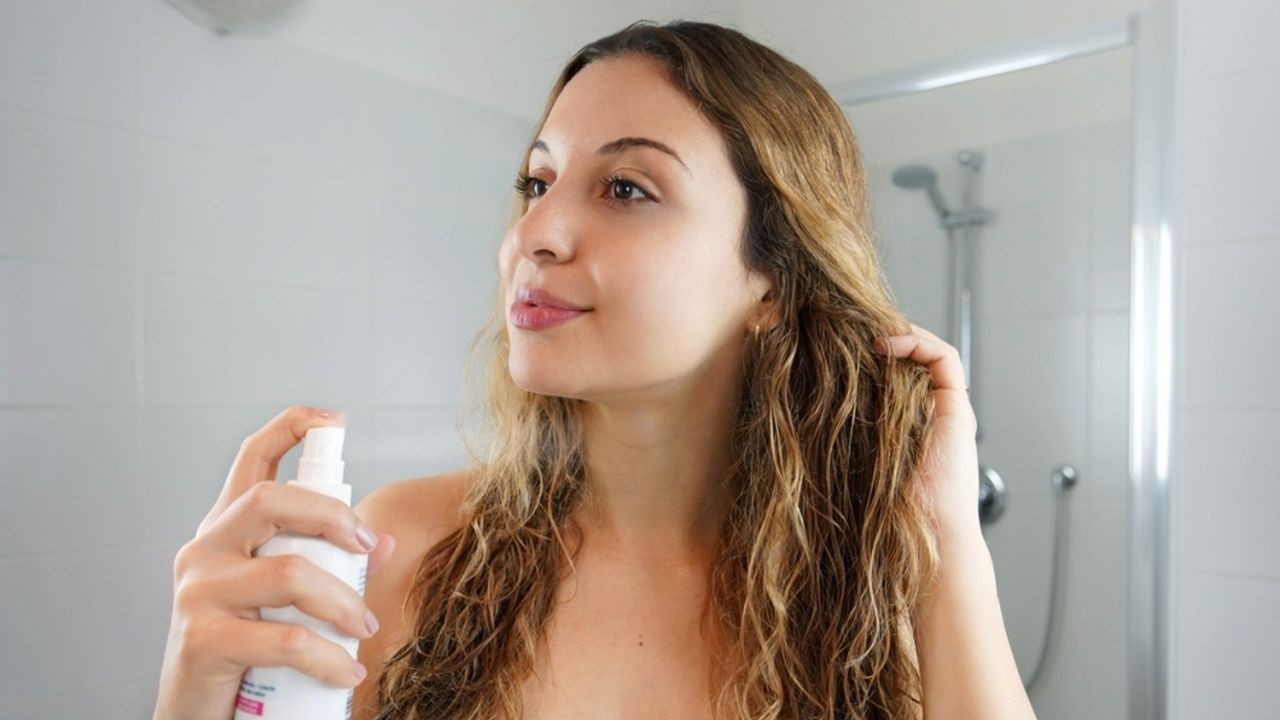What You Should Avoid Doing To Your Hair
Posted by Thymuskin® on Jun 7th 2023
Having healthy, lustrous hair is a desire shared by many. However, achieving and maintaining healthy hair requires more than just a good classic shampoo and conditioner. In fact, there are several common mistakes people make that can significantly damage their hair.
Here, we will explore the various practices you should avoid if you want to keep your hair in optimal condition. From the excessive use of heat tools to the harmful chemicals found in hair products, we will delve into the details of what you should steer clear of to protect your precious locks.
The Damaging Effects of Heat Tools
Heat tools such as flat irons, curling irons, and blow dryers can wreak havoc on your hair if used improperly or excessively. The high temperatures can lead to heat damage, which manifests as dryness, brittleness, split ends, and even breakage.
To minimize the damage caused by heat tools, it is crucial to follow a few guidelines. Always use the appropriate heat setting for your hair type and texture. Fine or fragile hair should be exposed to lower heat, whereas coarser or thicker hair may require higher temperatures.
Additionally, applying a heat protectant product before using any heat tool creates a barrier between the heat and your hair, reducing the risk of damage. Finally, it's essential to limit the frequency of heat tool usage. Consider embracing heat-free styling alternatives or allowing your hair to air dry whenever possible to give it a break from excessive heat exposure.
Harmful Chemicals in Hair Products
Many hair care products contain chemicals that can be harmful to your hair and scalp. Ingredients like sulfates, parabens, and formaldehyde are commonly found in shampoos, conditioners, and styling products. Sulfates, known for their cleansing properties, can strip the hair of its natural oils, resulting in dryness and frizz. Parabens, used as preservatives, have been linked to scalp irritation and potential hormonal disruption. Formaldehyde, often present in hair smoothing treatments, is a known carcinogen and can cause significant damage to both hair and health.
To mitigate the risk, it is advisable to read product labels carefully and opt for sulfate-free, paraben-free, and formaldehyde-free alternatives like hair thickening serums and hair care shampoos. Natural hair care options, such as organic or homemade products, can also be beneficial in minimizing chemical exposure and promoting healthier hair.
Overwashing and Excessive Styling
Overwashing your hair can strip away its natural oils, leaving it dry and prone to damage. While the frequency of washing varies depending on individual factors such as hair type and lifestyle, it is generally recommended to wash your hair every two to three days.
If you feel the need to refresh your hair between washes, consider using dry shampoo or simply rinsing with water. Excessive styling, particularly tight hairstyles, can lead to a condition known as traction alopecia.
Constant tension on the hair follicles from tightly pulled-back hairstyles can cause hair breakage and thinning along the hairline and other affected areas. Opt for looser hairstyles and avoid using hair accessories that pull tightly on the hair to protect your hair from unnecessary damage.
Ignoring Scalp Health
Many people focus solely on their hair strands and neglect the health of their scalp. However, a healthy scalp is essential for promoting healthy hair growth. Common scalp issues such as dryness, dandruff, and scalp infections can negatively impact the condition of your hair. Dry scalp can cause itchiness and flaking, while dandruff is characterized by the presence of visible white or yellowish flakes on the scalp and hair.
To maintain a healthy scalp, regular cleansing and exfoliation are crucial. Use gentle scalp-friendly products and avoid excessive scratching or aggressive brushing. If you notice persistent scalp issues, seek professional help to identify the underlying cause and receive appropriate treatment.
Poor Diet and Lack of Nutrition
The health of your hair is closely linked to your diet and overall nutrition. Your hair requires certain essential nutrients to grow and thrive. Protein is particularly important as it forms the building blocks of hair. Insufficient protein intake can lead to weak, brittle hair that is prone to breakage.
Omega-3 fatty acids, found in foods like fatty fish and flaxseeds, help nourish the hair follicles and promote healthy hair growth. Vitamins such as A, B, C, D, and E are also crucial for maintaining optimal hair health. Incorporating a variety of nutrient-rich foods into your diet, such as lean proteins, fruits, vegetables, and healthy fats, can provide your hair with the essential nutrients it needs to flourish.
Conclusion
To properly care for your hair, you must do more than just use the appropriate products; you must also refrain from engaging in destructive behaviors and adopt healthy haircare routines. You may safeguard your locks and keep your hair in a vibrant and healthy state by limiting the amount you wash and style your hair, avoiding hair products that contain dangerous chemicals, reducing the amount of time you spend styling your hair, giving your scalp health top priority, and eating a diet that is balanced. Adhere to these suggestions for proper hair care and make educated decisions in order to guarantee that your hair will continue to be the highlight of your appearance.
Disclaimer: The information that has been shared here is not meant in any way to replace the recommendations of experienced medical professionals and is intended only for educational purposes. Our post does not seek to diagnose, treat, or help in the treatment of any medical problem in any manner, nor does it claim that any food, product, or substance that may be discussed here may do any of those things. Individuals who are troubled with hair problems are advised to seek the counsel of a competent professional working in the field of health care prior to making any purchases for hair care products or making use of any of these products on their hair.



